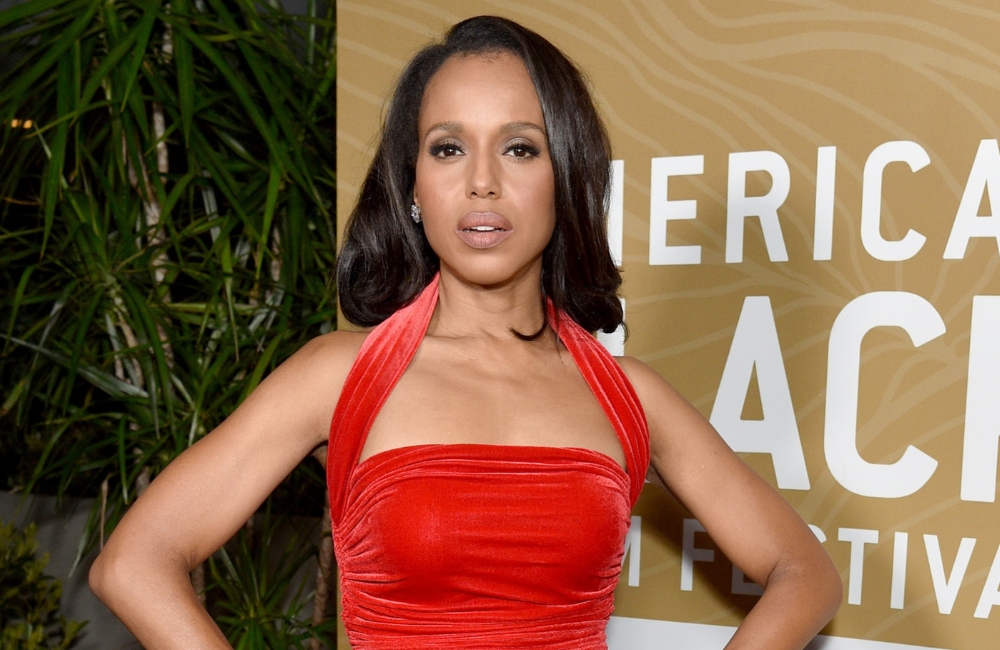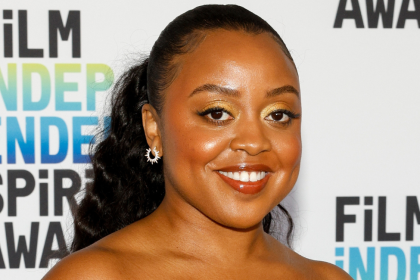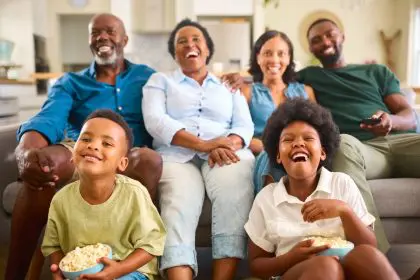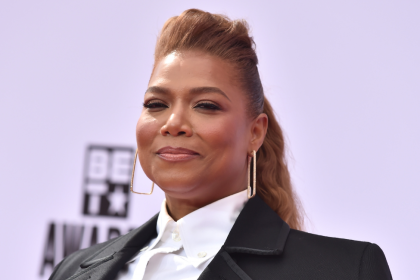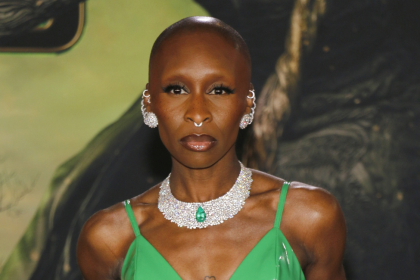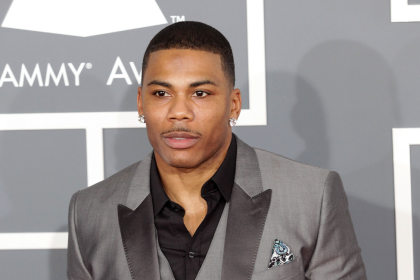Kerry Washington hopes to reach a point in Hollywood where Black women aren’t seen as “ground-breakers”.
The “Scandal” actress thinks there are “far more opportunities” for women of color now than in the early days of her career and she hopes the industry eventually stops making them feel they constantly have to fight to “break glass ceilings”. Recent industry statistics show that while progress has been made, women of color still only represent 17% of leading roles in major productions.
“Ensure Black women can just be, without being ground-breakers or record-breakers. That we can just be excellent because we are not beating down doors and breaking glass ceilings,” she told Grazia magazine when discussing her fight for better representation. This statement echoes the sentiments of many industry professionals who have been advocating for systemic change in Hollywood.
Kerry is very proud of her new movie, The Six Triple Eight, which follows the real story of America’s only women’s army corps unit of color during World War II. The historical film sheds light on a little-known chapter of American history, where 855 Black women served overseas sorting millions of pieces of mail for American service members.
“[It is] a film where we are presenting so many extraordinary young Black actresses to the world,” she said. The production has already garnered attention for its groundbreaking casting choices and authentic storytelling approach.
The 47-year-old actress stars in the movie and is also a producer, and in her latter role, she enjoyed getting the chance to “take care of” Oprah Winfrey, who portrays civil rights leader Mary McLeod Bethune. This collaboration marks a significant moment in Hollywood, bringing together two influential Black women to tell an important historical narrative.
“I really adore Oprah. I’ve known her for a long time, so it was fun to be an executive producer on a project that she was working on. On the day she was on set, I was like, ‘What do you need? Can I get you anything? Are you feeling good?’ I just really tried to take care of her,” Washington shared, highlighting the importance of support and mentorship in the industry.
“Mary McLeod Bethune was thought of as one of our most exceptional Black women – she was the best of us – and I think we think of Oprah in that way too, so it felt right.” The casting choice has been praised by critics for its symbolic significance and historical resonance.
The film represents a growing trend in Hollywood of telling previously untold stories, particularly those featuring Black women in historical contexts. Industry data shows that films featuring diverse casts and crews have seen increasing success at the box office, with audiences demanding more authentic representation.
Washington’s dual role as actor and producer demonstrates the increasing influence of Black women behind the camera. Recent studies indicate that productions with diverse leadership teams tend to create more inclusive and authentic content, leading to better representation both on and off screen.
The Six Triple Eight joins a growing list of productions that highlight the contributions of Black women to American history, a trend that has gained momentum in recent years. The film’s production team includes several women of color in key creative positions, reflecting Washington’s commitment to creating opportunities for diverse talent.
The project has already generated significant buzz in the industry, with early screenings receiving positive reviews for its historical accuracy and powerful performances. Industry experts predict that films like ‘The Six Triple Eight’ could help pave the way for more diverse storytelling in Hollywood, particularly stories that celebrate the accomplishments of Black women throughout history.
Recent statistics from industry watchdogs show that while representation of Black women in leading roles has increased by 23 percent since 2019, there is still significant room for improvement in areas such as directing, producing, and executive positions. Washington’s continued advocacy and practical actions in promoting diversity both in front of and behind the camera represent important steps toward achieving true equality in Hollywood.

